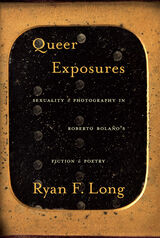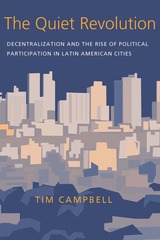5 start with Q start with Q




This special, limited edition celebrates Billy Collins's years as U.S. Poet Laureate. Questions About Angels--one of the books that helped establish and secure his reputation and popularity during the 1990s--is remarkable for its wry, inquisitive voice and its sheer imaginative range. Edward Hirsch selected this classic book for the National Poetry Series, and each of Collins's poems-from his meditation on forgetfulness to his musings on the behavior of angels-is an exploration of imaginative possibilities. Whether reading him for the first time or the fiftieth, this collector's edition is a must-have for anyone interested in the poet the New York Times calls simply "the real thing."

As if by unseen signal toward the end of the 1980s, many Latin American governments suddenly transferred money and decision-making power to local municipalities. At the same time, national authorities allowed local governments to choose their leaders in free and open elections. The resulting revolution has been profound in its reach and stunning in the silent shift of power from central to local authorities.
The Quiet Revolution traces the growth and effects of decentralization and democratization in Latin America throughout the 1980s and 1990s. Based on first-hand accounts from mayors, local officials, and neighborhood leaders, Tim Campbell focuses on those cities and towns that made the most of their new intergovernmental arrangements. He further argues that the reforms, which are vital to long-term sustainable growth in the region, are in danger of being smothered by current policy responses from national and international institutions. Campbell's research, conducted over a ten-year span, counters conventional wisdom about the role of development banks in the process of state reform and offers timely insights into similar events taking place in other parts of the world.
READERS
Browse our collection.
PUBLISHERS
See BiblioVault's publisher services.
STUDENT SERVICES
Files for college accessibility offices.
UChicago Accessibility Resources
home | accessibility | search | about | contact us
BiblioVault ® 2001 - 2024
The University of Chicago Press









